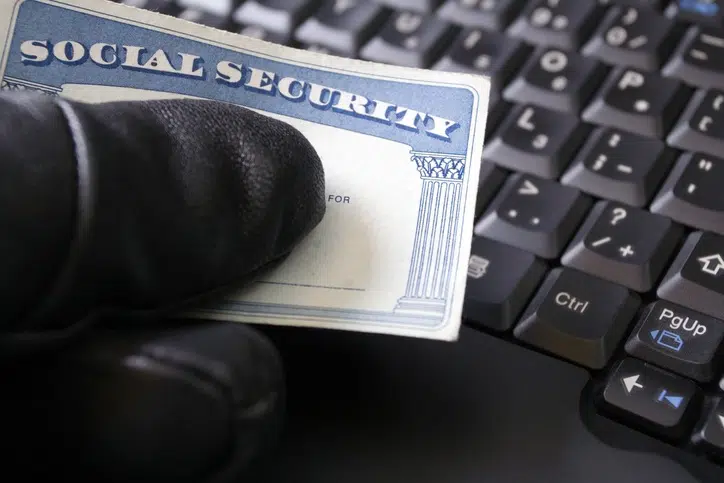It’s true that EMV (chipped) cards make it harder for identity thieves to steal credit card numbers and create fake plastic. This is good news for Florida consumers, but credit card companies are faced with a new threat from fraudsters. Recent reports indicate that something called synthetic identity theft is on the rise. Unfortunately, this type of con is difficult to catch, and the recent Equifax data breach may create even more opportunities for would-be synthetic identity thieves.
How Scammers Pull Off Synthetic Identity Theft in Florida
Synthetic Identity theft involves creating a fake identity with real data. Typically, scammers steal or purchase Social Security numbers, then combine them with the names and addresses of other people. As a general rule, synthetic identity thieves prefer Social Security numbers belonging to adults with limited credit histories or small children. For these con artists, the blanker the slate, the better.
After creating fake identities with these Social Security numbers, fraudsters apply for credit cards. Initially, they are normally turned down. However, after multiple tries, they often find a creditor willing to open an account. Next, the con artists committed to what is known as “sleeper fraud” use these newly acquired credit cards and pay them off every month. The goal is to build a good credit history in order to apply for more and more credit. Finally, when they have access to thousands of dollars in credit, scammers “bust out.” This means that they max out all of the credit cards acquired through the con, and they stop making payments.
When synthetic identity thieves steal Social Security numbers from Florida children, the identity theft victims often don’t know about the theft for years and years. Usually, the crime is revealed when they apply for their first credit cards or sign up for cell phone service. These victims may initially have trouble getting credit, but they are not held liable in the long run. The credit card companies, on the other hand, absorb the monetary damages caused by this type of identity theft. Therefore, credit experts speculate that, if the synthetic identity theft problem escalates, credit card companies will tighten up approval standards. This could eventually make it harder for young Florida residents and immigrants to get credit.
How Florida Parents Can Protect their Children Against Synthetic Identity Theft
Any Florida parent concerned about the security of their child’s identity can check on this minor’s credit report status. Of course, you cannot do this online through AnnualCreditReport.com. Instead, you must send a written request to each of the major credit bureaus – TransUnion, Equifax, and Experian. Along with your letter explaining your request for your child’s credit report, you should include the following.
- A copy of your driver’s license, state identification card, or military ID card.
- Proof of your current address (a recent utility bill is sufficient).
- A copy of your son or daughter’s birth certificate.
- A copy of your child’s Social Security card.
Also, adults should not forget to check their own credit reports for signs of identity theft. Sadly, scammers use numerous methods in order to turn a profit on data stolen from Florida consumers. So, it is wise to check your credit reports for fraudulent charges and bogus accounts at least once every 12 months. Luckily, adult Florida residents can request copies of their free annual credit reports from TransUnion, Experian, and Equifax through www.annualcreditreport.com. You should look at all three versions of your credit report because they likely contain different information. Then, if you find suspicious items or simple errors, contact Credit Repair Lawyers of America in Florida. After calling our firm, and experienced credit repair attorney will clean up your credit reports for free.
The Free and Legal Way to Get Better Credit
Don’t let errors or fraudulent accounts on your credit reports bring your credit score down. At Credit Repair Lawyers of America, we’ve been cleaning up credit reports for consumers since 2008 for free. How do we do it? All of our fees come from the defendants in cases that are settled. This is why our clients pay nothing for the work we do.
Let’s start the conversation about what we can do for your credit. Set up your free consultation today by calling Attorney Gary Nitzkin at (855) 956-2089 or sending him a message through our contact page.

